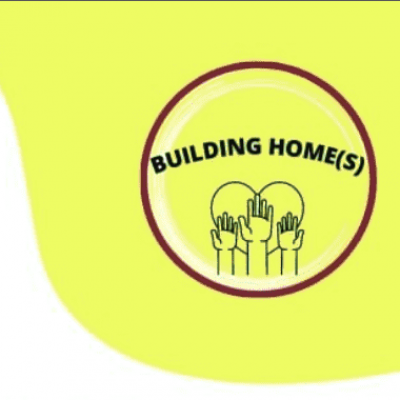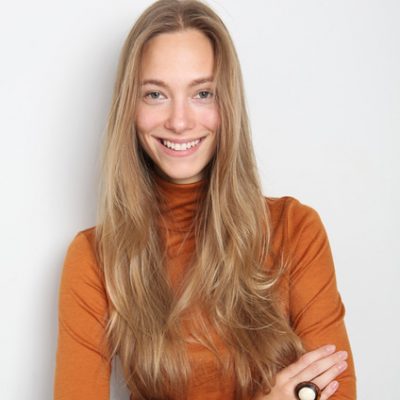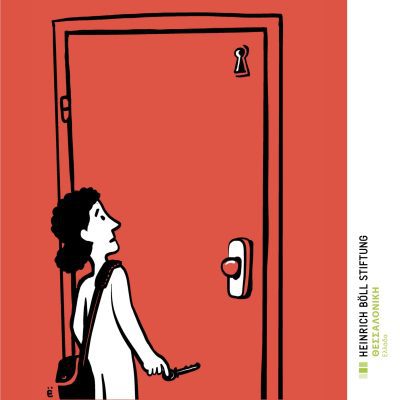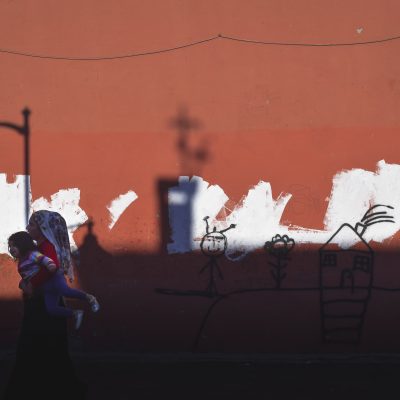Article
Building Home(s) is a project aimed celebrating and facilitating positive attitudes towards diversity within cities, focusing specifically upon the city of Frankfurt, Germany. It does this primarily through a series of workshops and events questioning the notion of ‘home.’
The beauty of Building Home(s) is that it is a model which works in virtually any country or city. People travel and migrate for a wide range of reasons, be it for a short or long time, for career, education, security, family, love, adventure, or a change in pace. They seek connections with their place and yearn for community in some shape or form. Building Home(s) is part of a larger conversation in which we create those networks of solidarity.
Building Home(s) is part of a larger conversation in which we create those networks of solidarity.
It aims to engage the community in Frankfurt in questioning what the concept of ‘home’ might signify and, through this, potentially forge new connections and facilitate positive and meaningful conversations. This project has been conducted through a series of events and workshops in an attempt to alleviate the friction, alienation, or misunderstandings that can, unfortunately, arise between communities with intersecting religions, socio-economic status, and cultural backgrounds.
Through a series of events led by a group of 2021 Berlin Fellows – including film screenings, photography exhibitions, drama workshops, and talks – Building Home(s) creates a safe space where people can interact, learn from each other, and meet regularly. This creates a greater esprit de corp and promotes a democratic exchange among the city’s inhabitants.
Project Development
During their 2021 Humanity in Action Fellowship, the fellows realized that all of their action project ideas had a similar focal point. Since they lived in the same city, they decided to do a joint project and support each other through the process. As they all come from different backgrounds as fellows, it allowed them to create a project tackling “building home” from many different perspectives. In the first months, they held regular meetings to design the concept and discuss and share resources. After finalizing the project idea, they started looking for financing opportunities and got funding from the Amt für multikulturelle Angelegenheiten (AMKA) in Frankfurt. During this process, they tried to split the workload equally and support each other at each step of the application as well as afterward. After receiving the funds in July 2022, they set the dates for each of their events, set up a social media account, and started advertising in person, through flyers, and online.
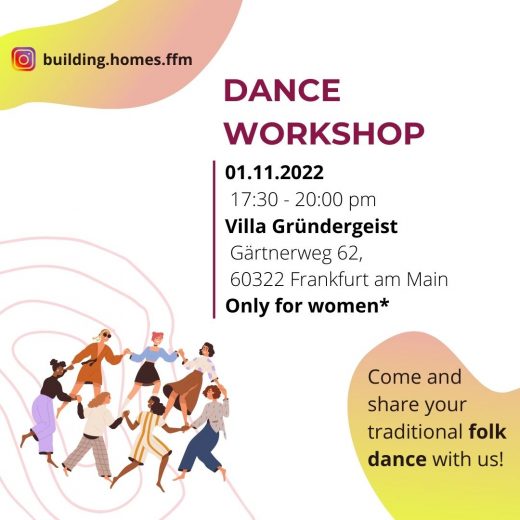
Dance Workshop by Lea Kërçiku
For her workshop, Lea specifically chose to organize a folk dance evening for women with and without a refugee background in which they could share their native traditions with each other. This way, she helped create a safe space for the women to interact, get to know each other and share part of their cultures and identity through dance.
Mapping Geographies of Home: A Theater Workshop by Matthew Fam
Matthew Fam, a Process Drama facilitator and community theatre director, designed a drama workshop accessible for all participants from varying cultural backgrounds and language competencies. These workshops involve movement-related activities, which don’t require fluent language skills or the use of a specific language but are, nevertheless, able to connect individuals in an impactful manner. Participants can explore the places they were born, where they currently spend most of their time, and locations they imagine to be their future homes.
The project goal is to promote social togetherness, and can hopefully be extended to a wide range of cities in the future.

Through your own lens: A Photography Workshop by Johanna Kocks
How do you make a city your own?
In Johanna Kock’s photography workshop, the participants, many with refugee stories, used their cameras to capture personal expressions of Frankfurt. The motivation for this approach was to emphasize creativity as a possible way to express yourself and feel empowered in a surrounding that gives people very little agency. Newcomers, especially in shelters, often feel excluded and alienated from the places they live in due to social marginalization imposed on them. The Photography Workshop tried to make their perspectives on the city visible. It also created a room in which the participants could experiment creatively on how to create intimacy with the place they live in. Hence, photography was discovered as a tool to make your own place and perspective visible: How do you see the world? How do you see your own city?
“Here to stay – Stories of arriving in Germany”- A Short Film Screening & Discussion on Integration by Janine Röttgerkamp
Janine Röttgerkamp screened the short film “Here to stay – Stories of arriving in Germany” by Ronja von Wurmb-Seibel and Niklas Schenck. The film addresses topics such as racism, immigration, integration, sexism, and discrimination of queer people, which has become increasingly relevant in Germany, particularly after 2015. The film gives voice to seven individuals who recently arrived in Germany, sharing their experiences of joy and struggles. It aims to raise awareness and highlight the importance of integration as a two-way street, challenging the common perception that newcomers must conform to all customs and norms.
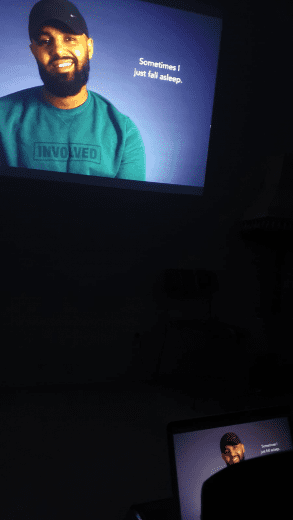
The responsibility of creating an accepting and welcoming environment lies not only with newcomers but also with the host country. The film screening, which took place in an occupied house in Günderrodestraße, brought together a diverse group of students, residents, and activists. Despite difficulties in promoting the event due to the pandemic, the screening sparked fruitful discussions among the audience. Overall, the film emphasizes the need to respect human rights and recognize the long history of human mobility rather than focusing on how to stop immigration.

